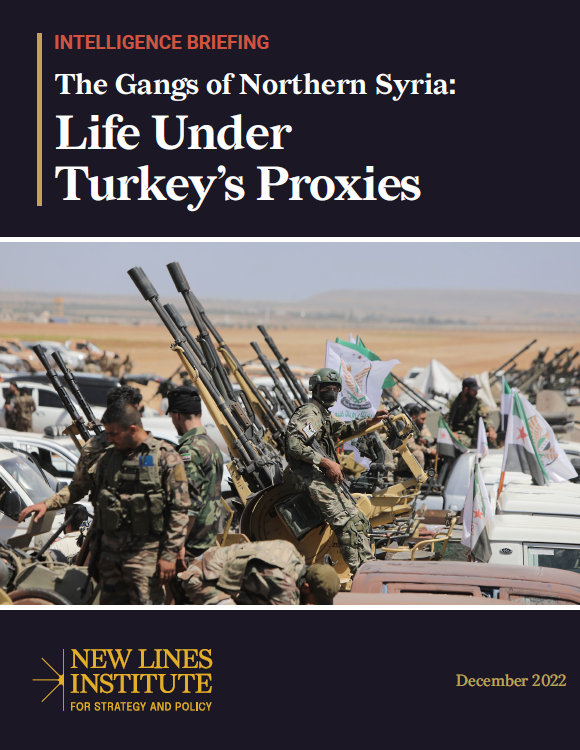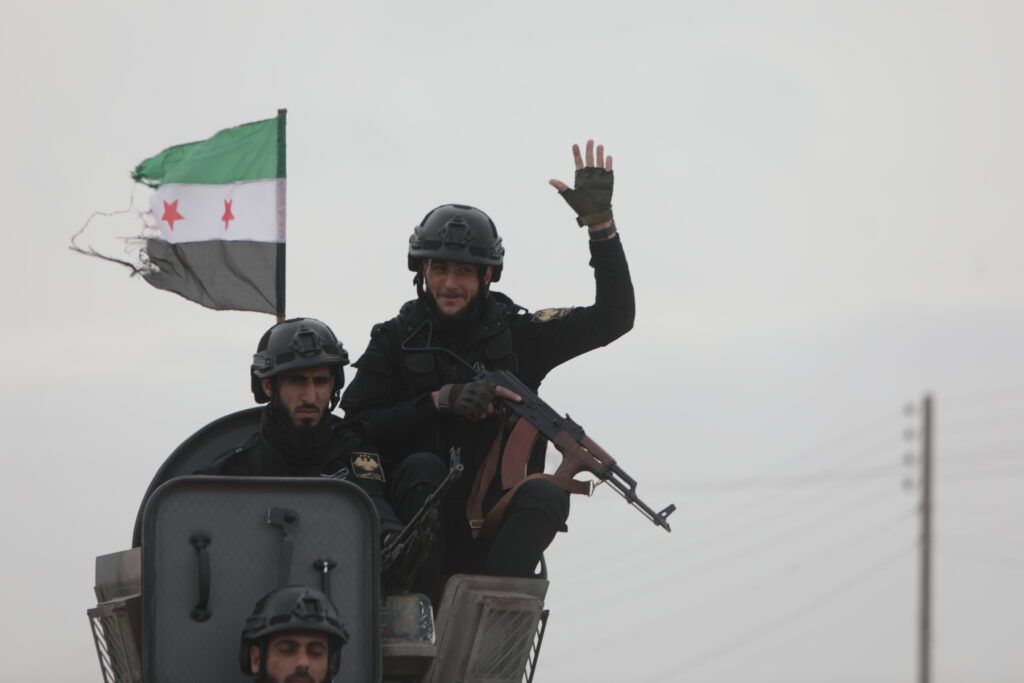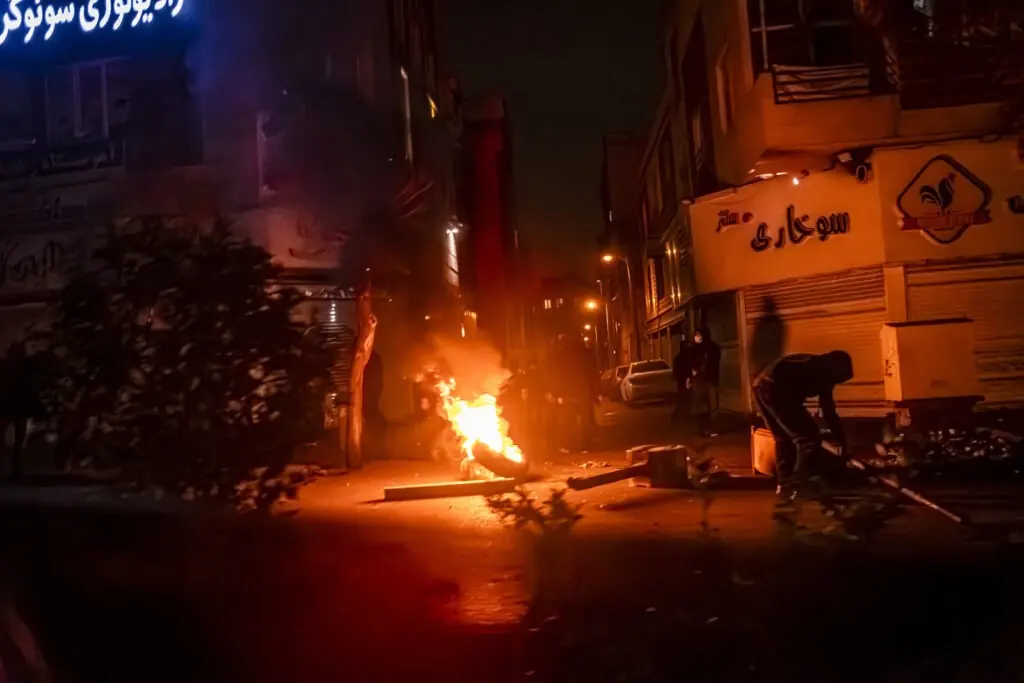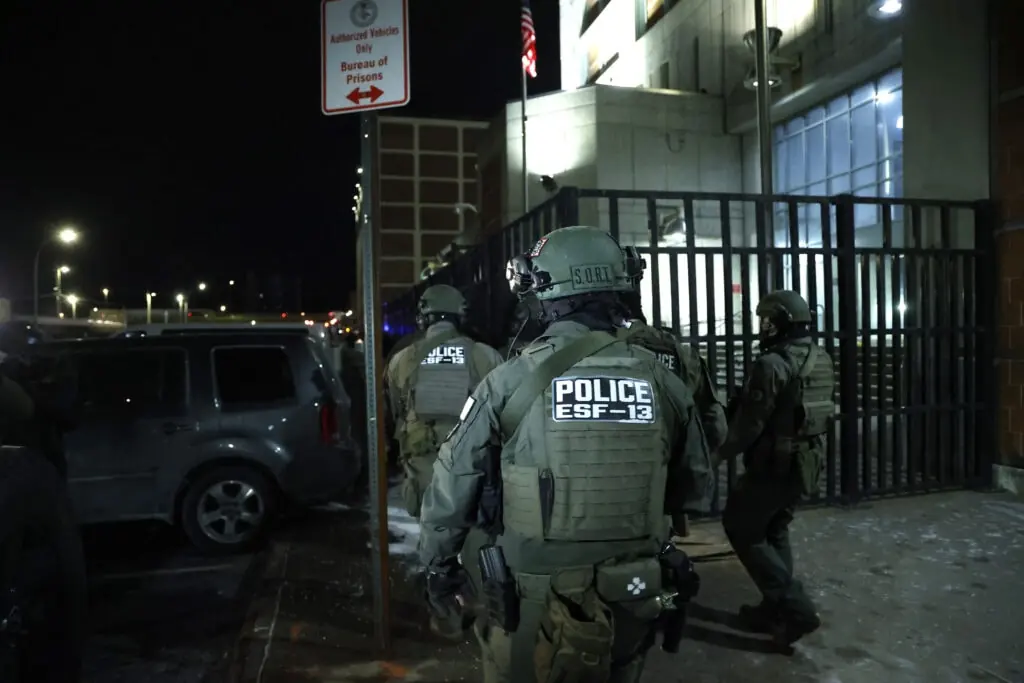
The Gangs of Northern Syria: Life Under Turkey’s Proxies
As many as 1.4 million of the 16.5 million Syrians who continue to live in the country after 10 years of conflict reside in areas under the control of the Syrian National Army (SNA), a proxy force established by
Turkey. These territories, adjoining the Turkish border, are made up of two pockets: the larger one spans from Afrîn in the west to Jarablus in the east, and the smaller one stretches from Tel Abyad to Ras al-Ayn. The SNA, alongside Turkish military forces, intelligence, state agencies, companies and NGOs, plays a dominant role in administering these regions. This report, based on dozens of interviews conducted over the span of five years with residents, Syrian officials, NGO workers, businessmen, community leaders, activists, members of several Syrian armed groups, and foreign diplomats, aims to present a comprehensive study of the security, armed actors, economy, and governance of these territories. All names of interviewees were changed to protect them from retribution.
The SNA advanced Turkey’s military ambitions in Syria as well as during Turkey’s interventions in Libya and Azerbaijan. In Syria, the force has been deployed against the Kurdish-led Syrian Democratic Forces, which Turkey sees as the main threat in Syria. In Libya and Azerbaijan, thousands of fighters recruited from the ranks of the SNA fought under Turkish guidance alongside Ankara’s allies. The SNA diligently executed Turkish orders, even when the orders contradicted the desires of SNA fighters and damaged the reputation of the force in the eyes of the Syrians that the SNA claims to represent.
At the same time, the SNA’s criminality and predation have undermined secondary Turkish goals, including the goal of turning the areas under SNA control into a safe zone from which Syrians will not attempt to constantly flee across the border and would be willing to return to from Turkey. The policy of Turkey’s ruling party, the Justice and Development Party (AKP), to welcome Syrian refugees fleeing the war starting in 2011 and continue hosting the 3.5 million Syrians who have fled across Syria’s northern border has been politically costly. In an apparent attempt to appease Turkish voters, the AKP announced plans to build housing units in areas under its control in Syria and resettle 1 million Syrian refugees there. However, even if the housing projects are built, few Syrians would return to an area experiencing high levels of insecurity, ruled by a hodgepodge of rapacious militias.
The corruption of the SNA also harmed Turkey’s security, with Turkish soldiers and officers dying in bombings that occurred due to some SNA members cooperating with networks linked to the Kurdistan Workers’ Party (PKK) in exchange for money. The abuses perpetrated by the SNA also have damaged the international reputation of Turkey, whose attempts to rein in its proxies have rarely yielded results, except in cases when Turkish pressure was applied consistently.
However, the main victims, as usual in Syria, are civilians inhabiting the areas under the control of the SNA, after 10 years of war, displacement, and loss. Having reached or found themselves living under the protection of the Turkish state, many had hoped that they would finally enjoy stability and peace. They found anything but that.
The views expressed in this article are those of the author and not an official policy or position of New Lines Institute.




